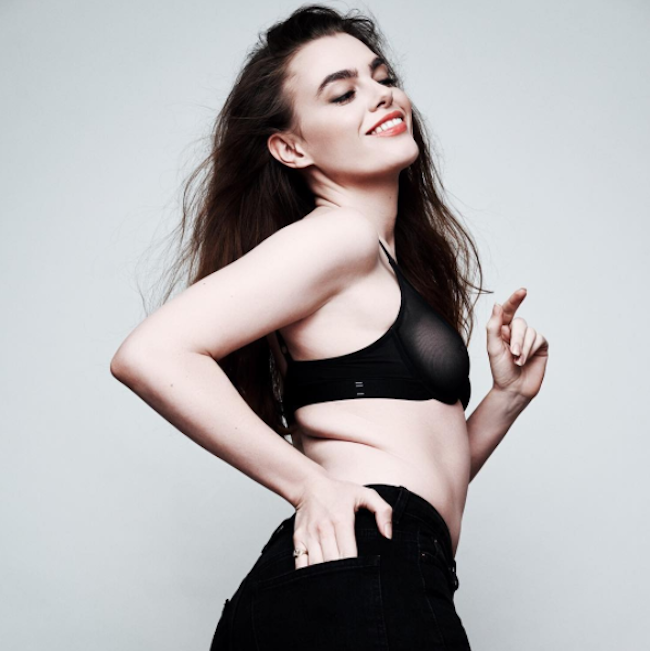Chromat can always be counted on to bump New York Fashion Week’s diversity quotient up a few notches. Other designers are doing the same — Gypsy Sport’s pan-ethnic pan-gender model fam has never abided by traditional rules, and Eckhaus Latta always cast by looking out of the box — but a few refreshing runways don’t mean overall rosiness. A new study by Sara Ziff and The Model Alliance, and published in the International Journal of Eating Disorders, confirms that fashion’s promotion of extreme thinness creates pressure on models to resort to unhealthy weight control practices. A shocking 62% of models have been told to lose weight or change their body shape. 54% have been told that they wouldn’t get jobs if they didn’t lose weight. And more than 9% had been strongly recommended plastic surgery.
“Too often, models are being pressured to jeopardize their health and safety as a prerequisite for employment,” reads an open letter penned to the fashion industry by Ziff and more than 35 other models. And now they’re using their platforms to police those in the industry not doing enough. “Together, we are challenging you to make a serious commitment to promote health and diversity on the runway. Through our social media platforms, which collectively reach millions of people, we will recognize the industry leaders who step up to this challenge. Specifically, we will keep an eye out for diversity of race, size, age, and gender status, and we hope to see diversity within and across all of those categories.”
We reached out to four models to hear about their own experiences with weight-related pressure in the industry, and why it’s the era of calling fashion out.
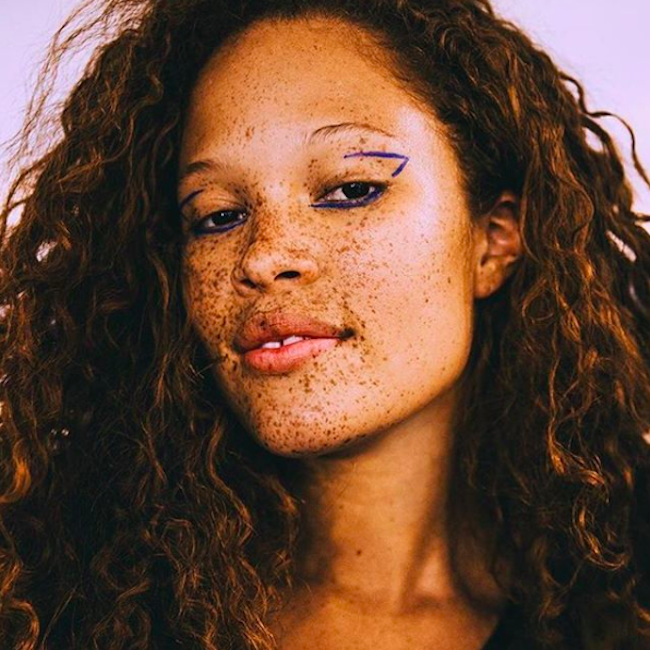
Sabina Karlsson, JAG Models NY, transitioned from straight-size to plus-size modeling
“I was never relaxed when walking into my agency, a casting, or a job. I always knew that I wouldn’t be skinny enough. One experience was when a casting director squeezed my thighs and said that they were too fat. It was my decision to stay in the fashion industry even though I was struggling with maintaining my weight. Today thinking back at it, I shouldn’t have had to risk my health because of my job. Thankfully I found my way — but not all girls do. I want it to be a healthier and more diverse industry. Fashion is here to stay and so are the models.”
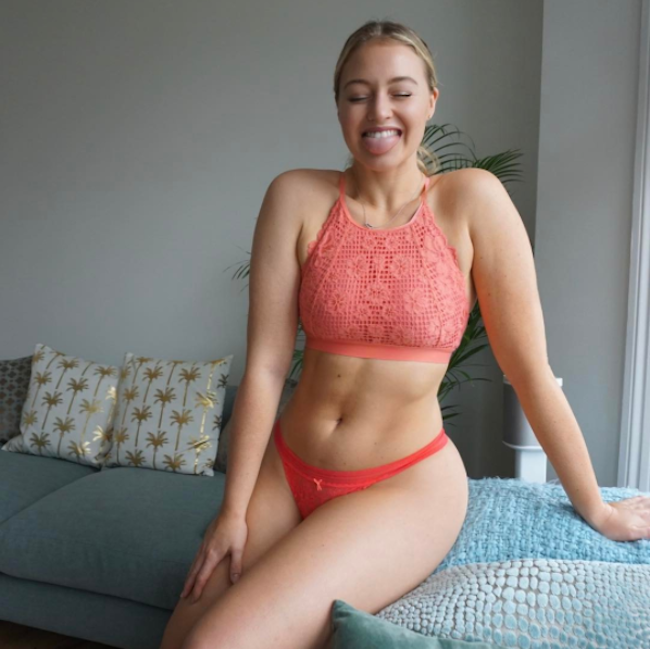
Iskra Lawrence, JAG Models NY, Aerie Real Role Model and NEDA Ambassador
“I remember my first ever show as a teen and it was soul-destroying. I had been excited to feel the buzz backstage, get dressed and styled, and finally hit the runway full of adrenaline. But instead I found myself half naked being body-shamed because my thighs and hips didn’t fit the sample size. I nearly couldn’t walk in the show at all but fortunately I ended up wearing three coat looks instead.
From then on I never imagined I’d walk another runway and was reassured by bookers and stylists that I wouldn’t either. Until I found my tribe. JAG Models brought me to New York and believed in me regardless of my size. Now we are at a time of revolution where the consumer realizes they have a voice and brands are making choices to include more diversity. I can’t believed I’ve walked twice for Chromat and now this season for Christian Siriano. I feel like I do belong on the catwalk in editorials and part of fashion regardless of my size.”
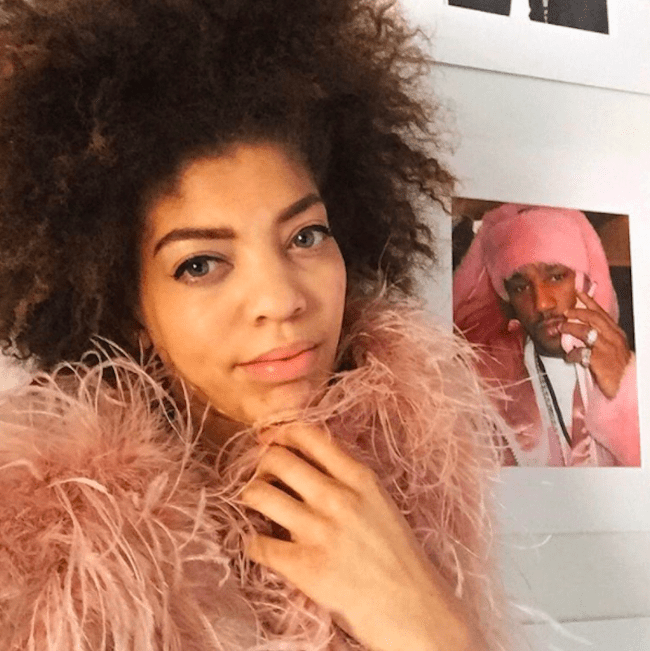
Ashley B. Chew, founder of #BlackModelsMatter
“Before I spoke out on diversity issues in the fashion industry I always reflected a vast range of women in my artwork. I adore features, facial features, and expressions, and eventually I forget what the person even looks like physically if they are simply inspiring. As a model this can be conflicting because the industry is based on appearance even though I’m an artist at heart. As a model, I have been told to gain weight, tone up, grow my hair, dye my hair and I don’t feel those things are necessary. I know girls who are plus-size models who aren’t even plus size! I know a few who got plastic surgery too young to notice. I have seen industry friends Snapchatting weird diets, like just eating almonds or saying they need to lose weight around fashion week.
When I started modeling, Instagram wasn’t really a thing. The greats were speaking out (Naomi, Iman, Bethann, Pat Cleveland) about lack of diversity and always have been. Girls weren’t and still are not speaking out because they are afraid of losing their jobs. Now with social media things can go viral so fast, models can speak out and still get booked, and people are exposed very quickly for work conditions that include racism, body pressures, or health scandals. This is a change I have enjoyed because now we have proof. As the creator of the viral movement “Black Models Matter” I have seen this progression firsthand.
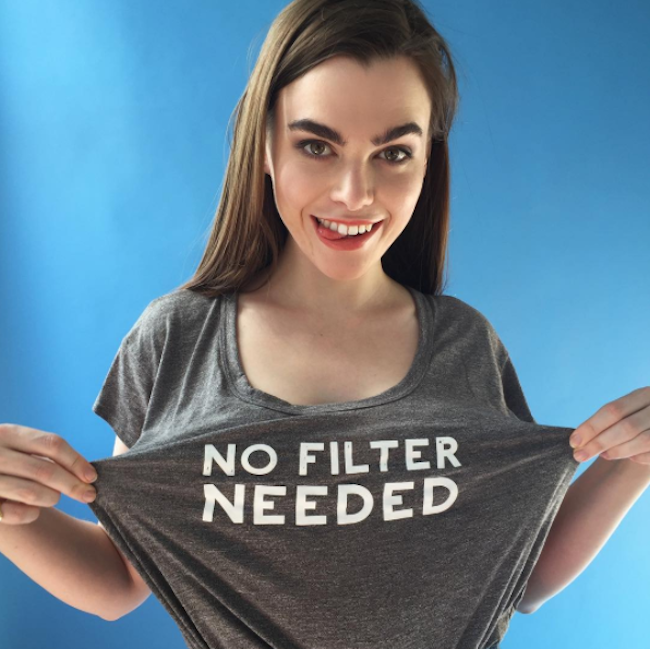
Charli Howard, Muse NYC, body positive activist and co-founder of the @allwomanproject
“There seemed to be an unwritten rule in the modeling industry for a while, where girls were seen but never heard. This all changed when girls got hold of social media and were allowed to express themselves. I posted my Facebook open letter [to her agency, blasting them for telling her she was “too big” and “out of shape”] an exit to the industry and as a refusal towards ridiculous, unobtainable measurements, but the timing of that letter seemed to coincide with big industry changes — in other words, the rise of models who speak up and who actually have an opinion. Whilst it scared away a few agencies, the agency I have now, Muse, seemed to like that, and I moved to New York to give modeling one more go.
There is a bittersweet irony in that, since embracing my true shape and gaining weight, I’ve never had more work. I work with what I’ve been given and no longer spend my days counting calories or fainting off running machines. When you embrace yourself, that confidence shines through and brands, casting directors, and model agents see that. I just hope that the fashion industry continues to be as diverse as possible, using curvier girls like me, without making it a ‘fad’ like heroin chic once was. Fashion is for everyone, and a bit more weight on my bones doesn’t mean I’m less worthy of modeling it.”
Credits
Text Hannah Ongley
